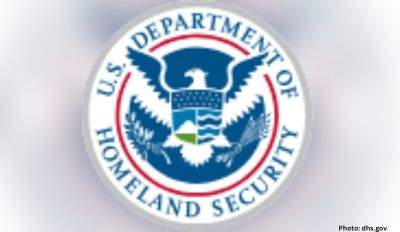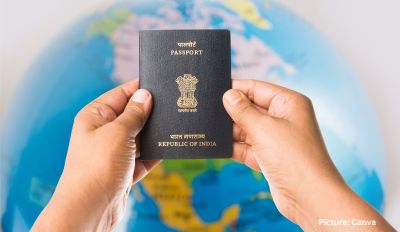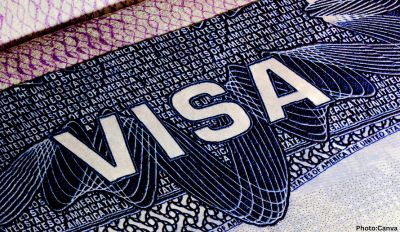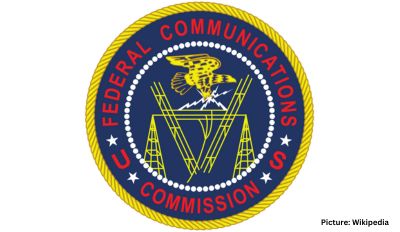The number of Indians immigrating to Canada has more than tripled since 2013. The scale of the increase is what one would expect to witness in a refugee situation, not the result of a steady increase in international students and employment-based immigrants. The data show restrictive immigration policies in the United States, particularly during the Trump administration, have played a significant role in Indians choosing to immigrate to Canada.
In the past year, more than 15,000 Indians have immigrated to Canada, constituting the largest group of global tech industry professionals who have chosen Canada as their new home between April 2022 and March 2023.
Canada’s welcoming immigration policies and favorable labor conditions have played a pivotal role in facilitating this significant influx of newcomers, enabling them to forge successful new lives in the country.
Additionally, with approximately 75% of America’s H1-B visa holders being of Indian descent, Canada’s new H1-B program has emerged as an appealing alternative, drawing interest from U.S. H1-B candidates. As a result, Canada’s tech ecosystem is experiencing rapid growth, attracting a diverse pool of global talent, expanding the Indian diaspora in the region, and fostering cultural influences in the process.
The number of Indians who became permanent residents in Canada rose from 32,828 in 2013 to 118,095 in 2022, an increase of 260%, according to a National Foundation for American Policy (NFAP) analysis of Immigration, Refugees and Citizenship Canada data.
In 2022, at 118,095, Indian immigration to Canada dwarfed the next largest source countries for permanent residents: China (31,815), Afghanistan (23,735), Nigeria (22,085) and the Philippines (22,070). In 2014, Canada had more immigrants from the Philippines than from India.
As per Forbes, the significant increase in the number of Indians immigrating to Canada coincided with the election of Donald Trump and his opposition to immigration, including highly educated professionals—and the Canadian government’s policies to attract and retain foreign-born talent.
In January 2015, Canada adopted the Express Entry program to streamline immigration, particularly for high-skilled workers who had experience in Canada as international students or working in temporary status. In June 2017, the Global Skills Strategy began in Canada. “The Canadian government launched a new program to encourage foreign investment in Canada, incentivize companies to open offices in Canada, and attract top foreign talent,” according to a government website.











